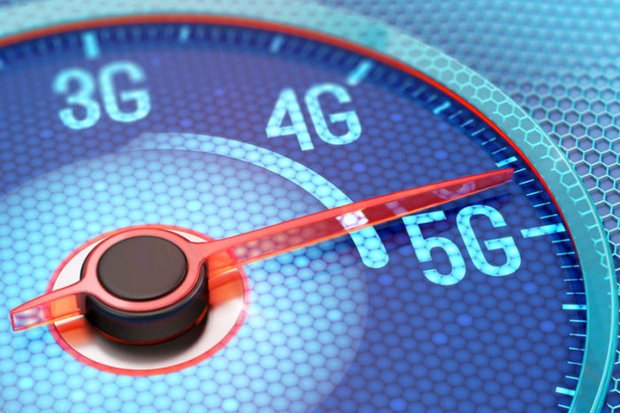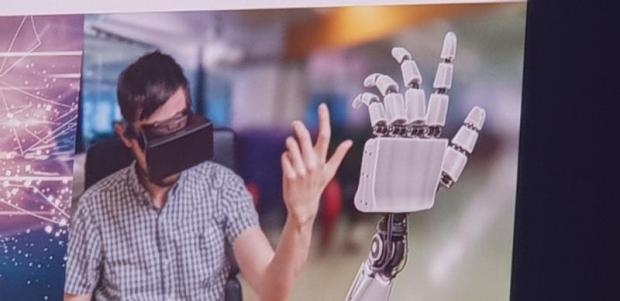
The telecom regulator plans to start a digital literacy programme for the public, spanning 18 months, to mitigate the impact of unemployment from digital disruption and prepare the workforce for 5G wireless broadband adoption in 2020.
The move is in collaboration with telecom vendors Huawei Technologies and Ericsson, the three major mobile operators, and Chulalongkorn University.
5G technology infrastructure will bring benefits to vertical industries, but also create disruption to existing workforces and organisational management, said Takorn Tantasith, secretary-general of the National Broadcasting and Telecommunications Commission (NBTC).
"When 5G adoption comes to the market in 2020, it will create a wave of change to vertical industries, and the domestic economy could transform from industry-driven to innovation-driven, pushing smart industries, smart cities and smart people," Mr Takorn said.
He said the forum will include facts for the upcoming change, digital literacy, updated case studies and opportunities in the digital era.

At least five areas will be affected by 5G adoption.
First, a percentage of the workforce will be replaced by artificial intelligence (AI) and Internet of Things (IoT) technology. The OECD says 14% of the global workforce are at risk of losing their jobs, while Oxford University forecasts sees 47% of jobs being replaced by AI.
Second, industry supply chains will be changed. Distributors and retailers will be impacted enormously by the changes.
Third, big data and AI will result in highly customised products.
Fourth, intermediary businesses will be hit and many will vanish on the path to more arrivals on digital platforms.
Fifth, innovative businesses driven by augmented reality and virtual reality will be introduced to the market, such as smart tourism and telemedicine.
"The forum provides digital literacy, and adaptation for the workforce must persevere for more than a year," Mr Takorn said, adding that the government has set 5G infrastructure adoption in 2020 as a critical task.

The NBTC is hoping to prepare the workforce for 5G, which is expected to bring benefits to industry and create disruption in the existing workforce.
Adoption of 5G requires direct investment from telecom operators to install related infrastructure, devices and systems, as well as proper spectrum ranges to provide services.
The NBTC is facilitating 5G infrastructure investment in the country by extending the terms of payment for the next spectrum auctions and creating flexible auction conditions to attract the three big operators.
The adoption of 5G will also create broad impacts to the business workforce and the work lives of individuals.
"Simply put, many laundry shops in the US have been closed for the past two years due to a change in people's working life, along with digital-driven facilitators that allow people to work anywhere, any time," Mr Takorn said.
Unskilled employees in enterprises, labour in factories, and people in agriculture and tourism will be hit by digital platforms and IoT, he said.
Workers have to prepare themselves by developing their skills or seek initiatives to deal with the 5G system.